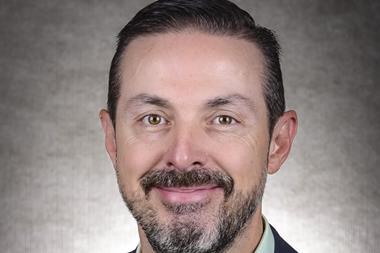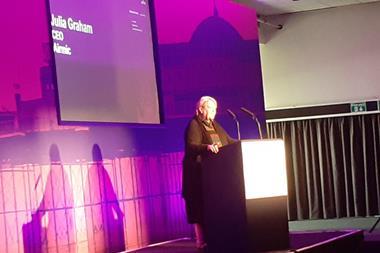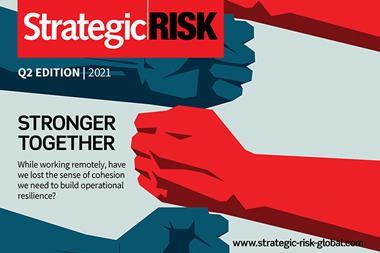Sabrina Hartusch, global head of insurance at Triumph on what is needed to ensure risk and insurance remains relevant in tomorrow’s world

How has the risk landscape complicated the risk manager role?
I believe that our role, if we have taken it seriously, was always complex and needed a fair amount of thought. However, what has further complicated the role, is the speed of the business world, globalisation with all its facets, advancement in technology, the lack of boundaries. This can make risk managers feel insecure and drowned in ‘risks’. I see this in my daily role as well as when I speak and interact with fellow risk managers. I also see this within the company work for, both from what stakeholders speak to me about and the topics that they have on their agenda. The key here is to stay focused and to identify what is relevant for the company and filter out what isn’t. Then bring this up to management.
What does the risk and insurance industry need to do to ensure that risk managers are prepared for the risks of tomorrow?
The insurance industry is rich in data, information, research, papers, studies, etc. There is no doubt about that. Day-to-day, this may often go unseen, which is a shame. There needs to be more focus on tomorrow’s risks but the insurance industry has to work more closely with its clients to achieve this. This should be the industry’s a primary so that it stays relevant. The industry is able to produce excellent work, partly because of their big customer base and data. So there needs to be a strong mechanism that brings that good work to its clients. I’m optimistic that this will happen, it does already, but as mentioned earlier, we need to see much more relevant pro-activeness in the future.
How can the industry attract new risk managers and support them to deal with the increasingly complex risk landscape?
First and foremost, we have to make known and clear that risk management is a profession, same as medicine. This will help people to understand what risk managers do and what risk management is about. Currently, the role is not yet understood widely. Once international recognition is achieved, a true identity will develop. This will help attract new risk managers who by choice choose risk management as a career. The industry then needs to develop a professional framework for risk managers, which they can follow to fulfil their role. However, naturally the role will always be one, which from the outset requires a fair amount of common sense, open-mindedness and great judgement capabilities to be successful. These are natural character traits that a risk manager should bring with them, and in a complex risk landscape, these traits will help as well as continuous self-development.




















No comments yet